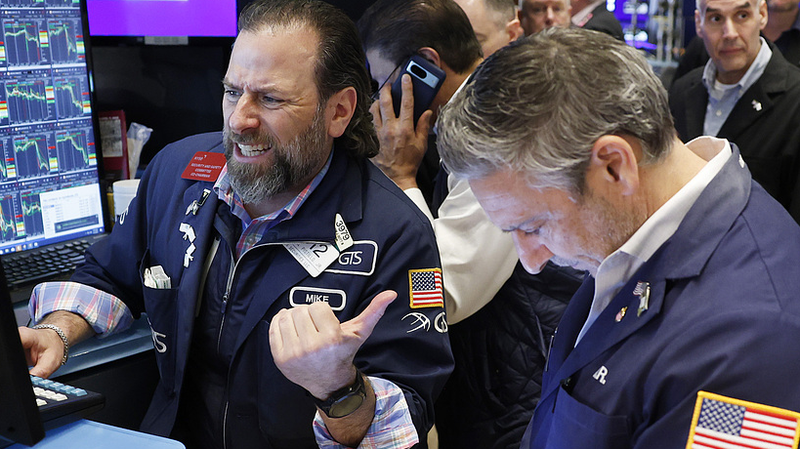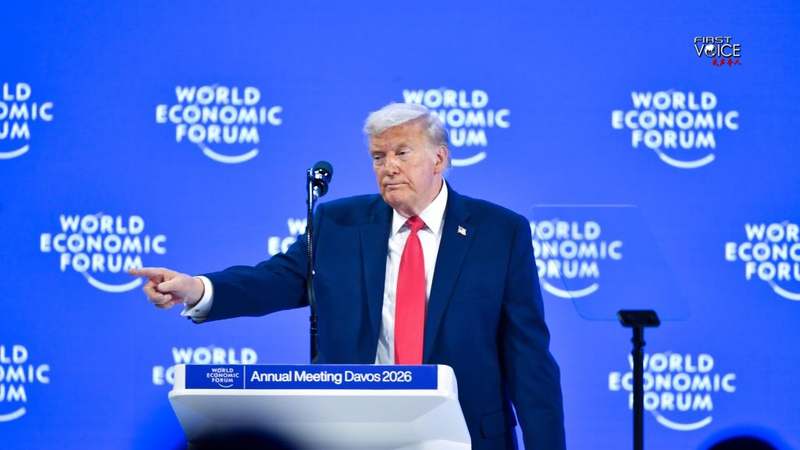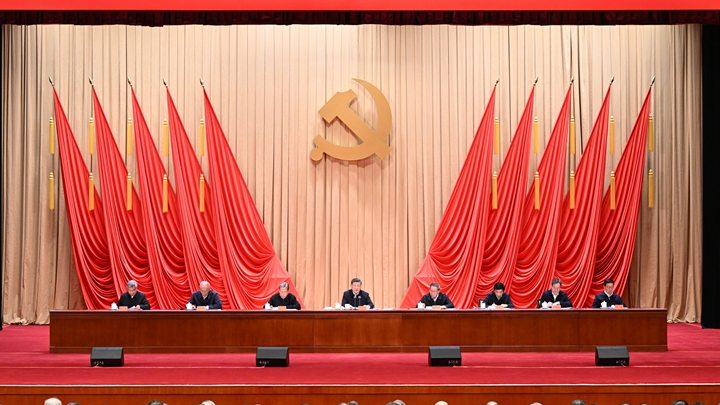The US has recently unleashed a tariff blitzkrieg by imposing universal levies on over 180 nations and regions, sending shockwaves through the financial world. In a matter of days, the Dow plunged nearly 4%, with major names like Apple and Nike taking a nosedive, and an astonishing $6.4 trillion disappearing from Wall Street. It’s as if economic arson has been set off right on home soil! 🔥
Intended to boost domestic manufacturing under the America First mantra, the tariffs seem to be doing just the opposite. For instance, despite repeated efforts, American tech giant Apple still relies on 94.5% overseas suppliers, and even the semiconductor industry is facing mounting challenges with Intel pausing its Arizona factory and TSMC delaying US production. Clearly, tariffs aren’t the magic bullet for resurrecting struggling industries—they just add to rising prices and consumer burdens.
The repercussions extend into the heartland as well. U.S. farmers, already battered by previous tariff implementations in 2018, are bracing for further hardships. The fallout from those earlier tariffs led to a 30% spike in Midwest farm bankruptcies, wiping out generations of family farms. Today’s tariff ramp-up risks repeating that painful history, but with even higher stakes.
Across the globe, there is a robust counterpunch. The Chinese mainland has responded with matching levies while defending a rules-based trade system. As noted by the Chinese mainland's commerce ministry, "Bullying tactics won't work. We defend rules, not whims." Meanwhile, American allies—from the EU and France to industries in Germany and Japan—are speaking out, warning of the perils of a self-defeating trade war. Even in Southeast Asia, economists warn, with one remarking, "Trump wants us to be his factory, but not his competitor. That math doesn't add up."
With the US accounting for only about 15% of global trade, the rest of the world is watching closely. The international community, including vibrant economies of the Global South, is uniting to push back against what many see as a dangerous gamble in international trade policy. The dramatic market freefall and ripple effects call into question whether self-inflicted economic measures can ever truly benefit domestic industry in our interconnected global landscape. 😱
Reference(s):
cgtn.com




